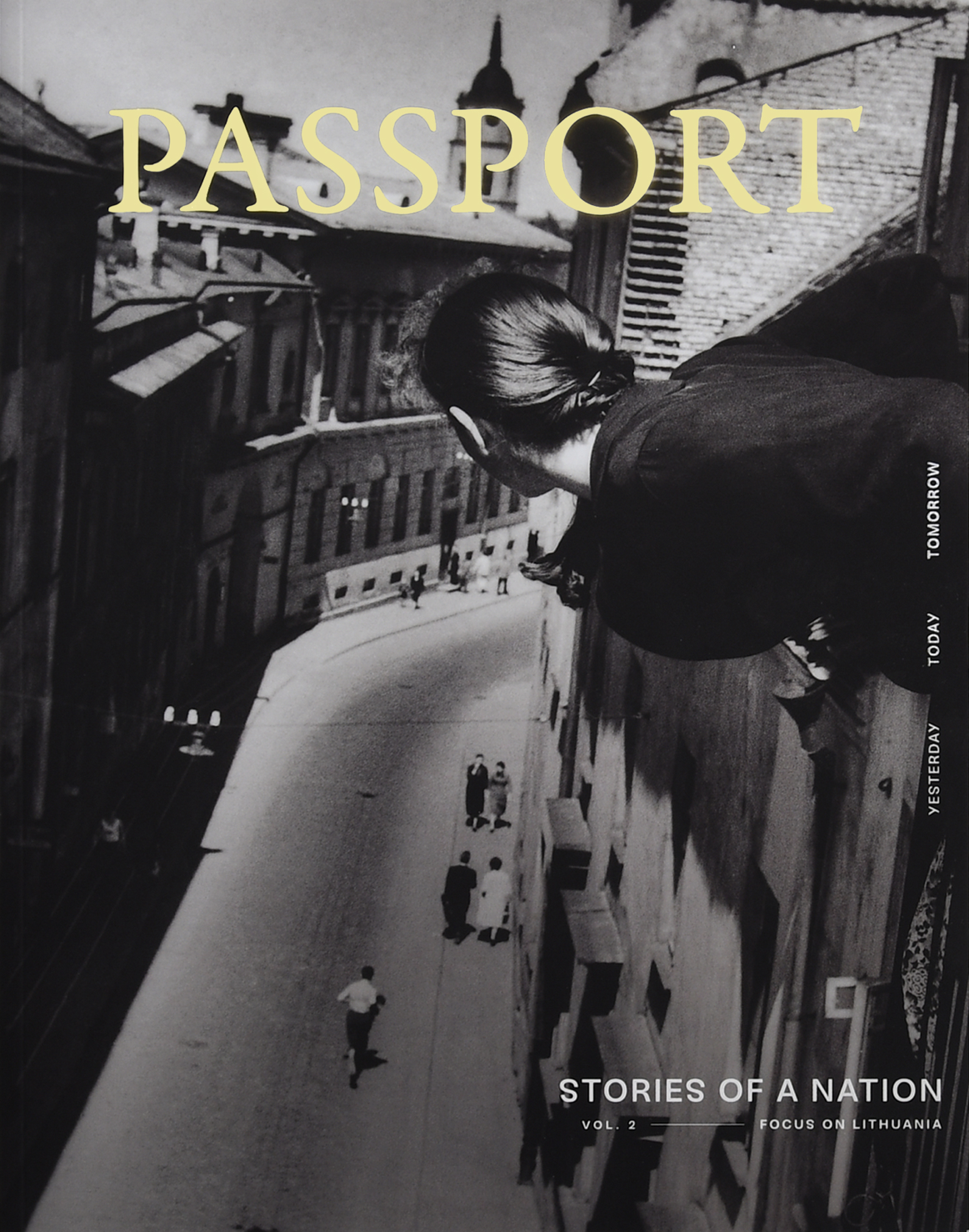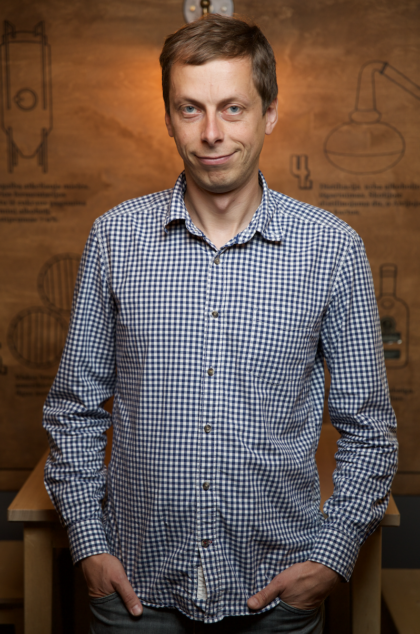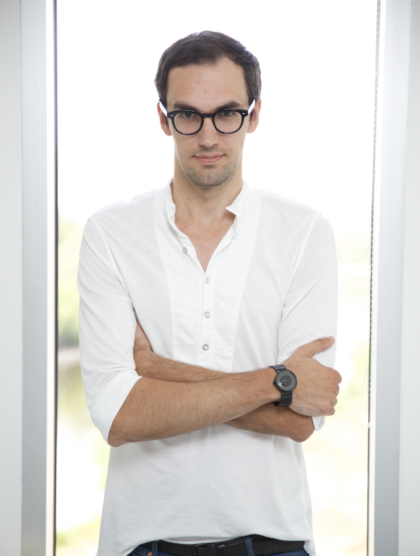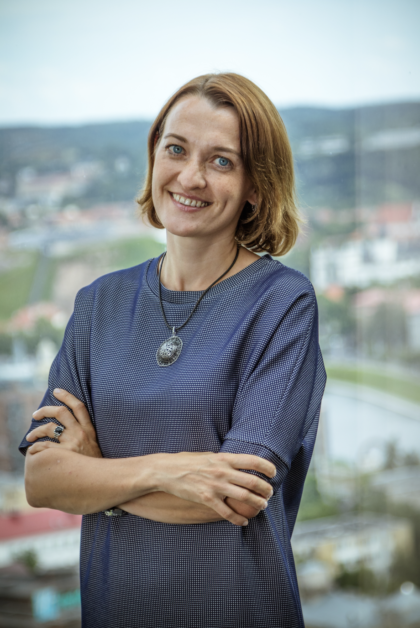Artificial intelligence specialist, businessman, founder and head of Genus AI
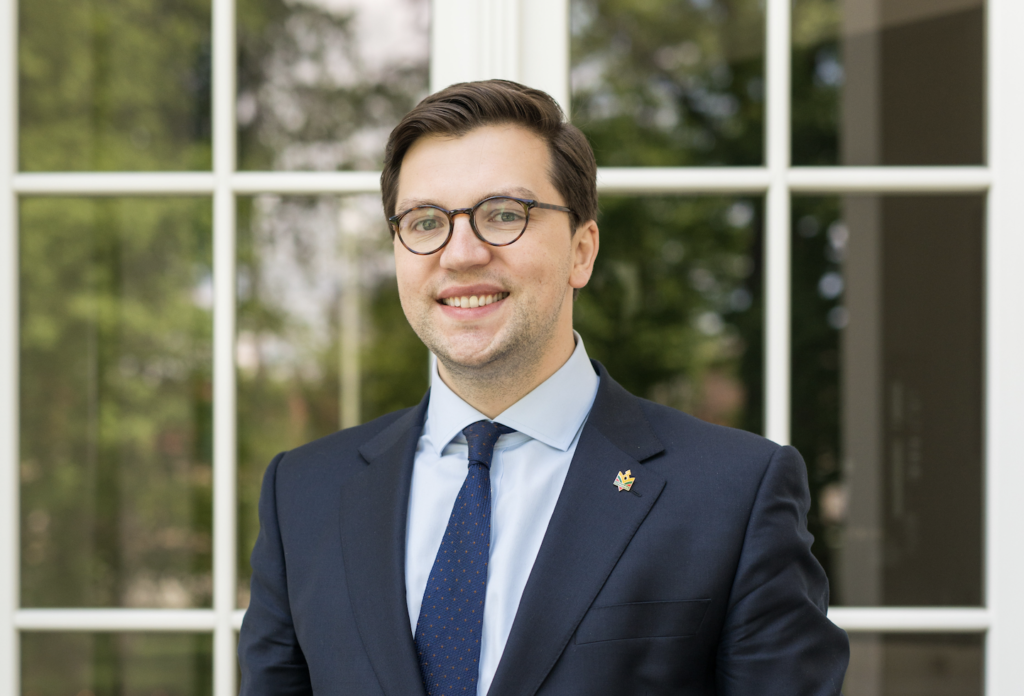
Just like every other country in the world, Lithuania has to solve the issue of the brain drain and its own identity in these times of globalization. But history shows that countries that choose isolationist policies usually fail to thrive.
Tadas Jucikas
REASONABLE AWARENESS
What is Genus AI? What are the specifics of your work?
Genus AI provides its clients with an opportunity to find new audiences and communicate with them authentically using insights based on personality psychology. The startup was founded by Cambridge University experts of psychology, behaviour and data analytics. The aim of the company is to understand people to the fullest extent by using advanced artificial intelligence algorithms that analyse open and personal data. The centre of Genus AI is in London, but the majority of the clients come from the USA, so I often need to be in Washington and Silicon Valley. I spend the most of my time with clients, while the rest of my day I devote to creating new algorithms and models. This allows me to get a solid grasp on this rapidly developing field.
What encouraged you to choose this field?
I started computational biology studies immediately after graduating from high school, while my enterprise in this field is in some respects a continuation of my research. During the seven years I spent in Cambridge studying behavioural biology and applying the most advanced computer technology, I was inspired by the most famous scientists in the world. I had the honour of working in the same institute as Professor Stephen Hawking and joining Nobel Prize winners in the university’s molecular biology laboratory. Even today our daily lives are being changed by AI-based technologies. The changes that artificial intelligence brings to society, the workforce and the global market will be tremendous. It is a rapidly evolving field which fundamentally changes our thinking and humanity’s perception of a broad spectrum of issues.
Artificial intelligence and humanity. What are the possible dangers – and solutions to prevent them?
As with every new technology, artificial intelligence poses a certain threat. Although the technology that exists today presents absolutely no danger, the use of future technologies will depend on their creators. I look at this differently from Elon Musk and other advocates of AI regulation. In my opinion, these technologies have to be accessible to everyone, and the innovative solutions that allow for the potential of human creativity to flourish will only be beneficial in the long run.
On challenges and prospects for Lithuania, what do you think of the brain drain and emigration?
Just like every country in the world, Lithuania has to solve the issue of the brain drain and its own identity in these times of globalization. However, history shows that countries that choose isolationist policies usually fail to thrive. I think we have a lot of opportunities to keep our people here and become a hub for technology and exchange of ideas. And we don’t even need that much if we want to achieve that – we just need to continue to promote openness, vote for a government that has a clear vision for our future and pursues it with a strong focus. In the end, each of us has to contribute to our collective development.
How can data change the world?
In 2017 alone, humanity created more data than in the last 4,000 years combined. More and more data is created every second, although not all of it is processed and secured. Even the most traditional organisations have started the inevitable digitisation of their inner processes. In order to maintain the quality and effectiveness of their services, the heads of organisations aim to reach decisions based on the collected data. The ability to analyse data will be one of the most important skills in the job market of the future.
What is your connection to Lithuania?
I left Lithuania shortly after graduating from the KTU Gymnasium, and I think this was the best decision I could have made for my country. When introducing myself I always explain its name or mention my nationality. Whichever part of the world I find myself in, I invite people to visit our unique country and see Lithuania for what it is. I don’t think we are losing our identity – every generation creates a new image for the country and continues the work started by previous generations. When I introduce Lithuania abroad, I am always surprised by people showing great interest and respect for our past and the spirit of our nation. So we only need to recognise this, feel proud about our country and work for its benefit. I always try to visit various conferences in Lithuania where I give reports and share my experience. I also participate in the activities of the London Lithuanian community and with great pleasure shake the hand of every Lithuanian I meet abroad.

